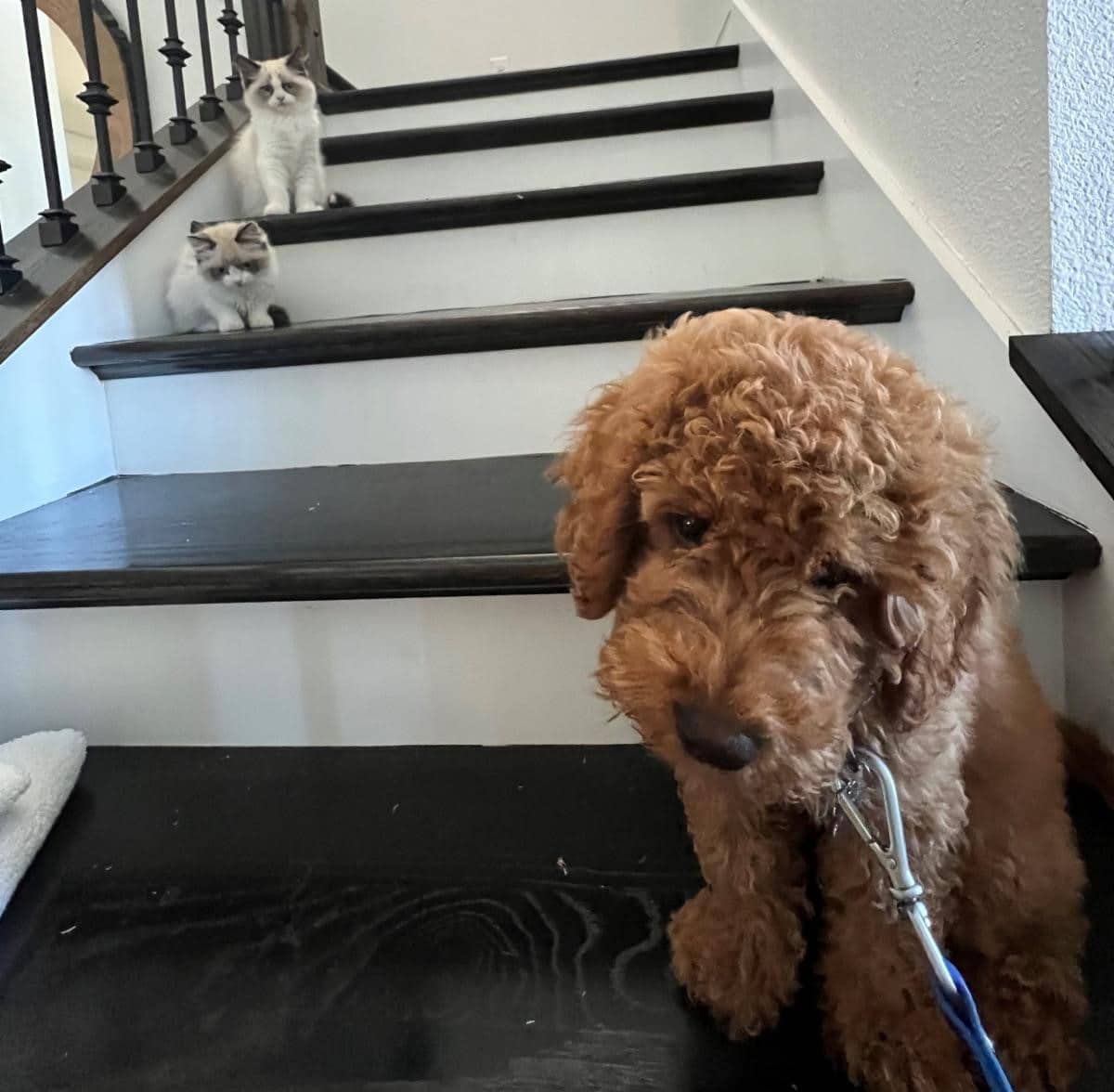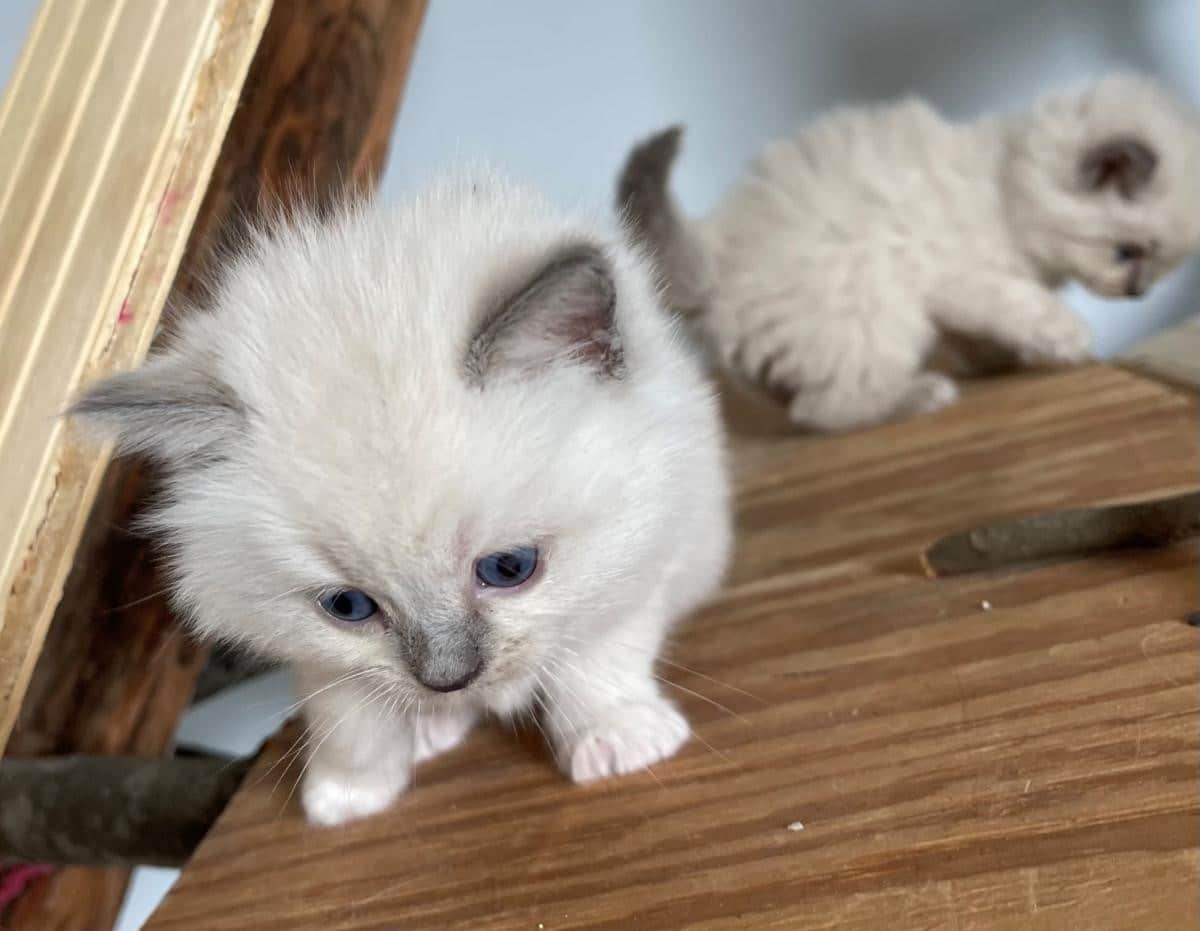Often times the information I give you, while interesting, is very academic and sterile. Yet, what we discuss each week, is not an academic subject. We are talking about real people living real lives. I often discuss generosity. What I’ve discovered is everyone wants to be generous. Who doesn’t want to be open-handed? Humans have been designed to serve and help their fellow man. So why don’t more retirees show generosity during their retired years? It’s not because they don’t want to give. It’s because they are worried about running out of money. How can you be a giver when you fear your own survival? Hopefully, by now, you agree with my argument that spending 5% of your retirement savings each year is not too much and not too little. Now if you are retired and living “paycheck to paycheck” on your monthly investment checks, you cannot be overly generous. You need to take care of yourselves first. But let’s take a look at Linda and Larry, who found a way to live fearlessly and lived a retirement to be proud of. This example is pretty extreme and few of you have the endurance of Linda and Larry. But I’m trying to make a point. In 1990, Larry and Linda both retired at age 65. Together they had about $500,000 in retirement savings. They entered their retirement years with the same core beliefs as me: —They invested in a diversified portfolio of stocks and bonds. For this example, we will suppose they had their money invested in a generic portfolio of 60% stocks and 40% bonds. —They started taking out 5% of the original account value ($25,000/yr). —They did not watch the financial news. They understood that long-term investing has worked time and time again throughout history. —They focused on living their best life possible. Or more specifically: In 1990, with the money, they hired a personal trainer and a nutritionist. It wasn’t cheap, but it got them in the best shape of their lives. In 1991, with the money, they hiked the Appalachian Trail. They pampered themselves by staying at several hotels along the way. In 1992, they paid the down payment for their son’s first home. His wife and four kids needed a bigger place and were struggling financially. In 1993, with the money, they took up fishing and hired a charter boat (with captain) each month. In 1994, with the money, they renovated their kitchen. In 1995, with the money, they started education funds for their grandkids. In 1996, with the money, they rented an RV and traveled to every state in the U.S. (except Alaska and Hawaii). In 1997, with the money, they took a month-long luxury Alaskan cruise. In 1998, with the money, they helped out their struggling daughter who lost her job. In 1999, with the money, Linda volunteered for a battered women’s shelter and sponsored over 20 women to get back on their feet. In 2000, with the money, they went to several shows in the theater district and paid for their grown kids to go with them (they needed some culture). They saw shows in a few different cities. In 2001, with the money, they turned their yard into a landscaped tropical paradise. In 2002, with the money, Larry bought a pristine 1972 Volkswagen Super Beetle. In 2003, with the money, they put $6500 into each child’s Roth IRA to jump-start their retirement and teach them the importance of starting early. In 2004, with the money, they took a river cruise through Europe (Budapest was their favorite part). In 2005, with the money, they sent their granddaughter to England to study for a summer in Oxford. In 2006, with the money, they took up photography. Linda became especially skilled and developed an interest in tropical birds. In 2007, with the money, at age 82, they decided to take up tennis in order to stay active. They got a membership at a country club, took lessons every week, and played with their friends on Tuesday and Thursday mornings. In 2008, with the money, they helped their grandson with the down payment on his first house. In 2009, with the money, they hired a concierge doctor. The best medical care money could buy. In 2010, with the money, they organized a huge family reunion, bringing together several generations from all over the country. In 2011, with the money, Larry published his memoirs and Linda published a book about her passion for photographing nature. In 2012, with the money, they supported a local charity that helped feed hungry children in the area. In 2013, with the money, they supported missionaries from their church working in Guatemala. In 2014, with the money, they tipped every waitress with a crisp one-hundred-dollar bill, no matter how much the meal cost. In 2015, they both passed away. So did they run out of money while having all of this fun? No. What was their account balance based on historical index returns at the end of their life? $2,056,427 They started with $500,000, spent $625,000 generously over 25 years, and died four times wealthier (which they used to create a trust to help future generations of the family). While you might not be quite as busy, you need seriously start thinking about what your money is for. Maybe it is time to spend more and worry less! Be Blessed! Dave | 



